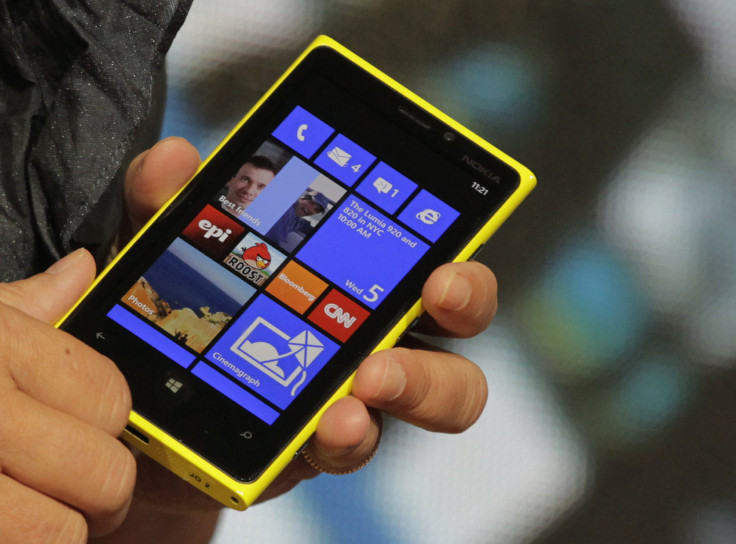Microsoft To Buy Nokia’s Mobile Devices And Services Business For $7.2 Billion

Microsoft Corporation (NASDAQ:MSFT) will buy a significant portion of Nokia Corporation’s (NYSE:NOK) mobile-phone business for 5.4 billion euros ($7.2 billion), the companies announced on Tuesday, as the Seattle-based software giant strains to cope with a shift in consumer preferences to mobile devices from personal computers, even as Nokia continues to lose market share in the handsets business.
Microsoft will pay 3.79 billion euros to purchase “substantially all” of Nokia’s devices and services business, and 1.65 billion euros to license Nokia’s patents, and expects to close the transaction in the first quarter of 2014, subject to approval from the Finnish company’s shareholders and regulatory bodies.
“After a thorough assessment of how to maximize shareholder value, including consideration of a variety of alternatives, we believe this transaction is the best path forward for Nokia and its shareholders,” Risto Siilasmaa, chairman of Nokia's board of directors, said in a press statement.
However, news of the deal was met with skepticism about the potential for either company break into the smartphone market, which is dominated by Apple and Samsung.
“Both Nokia and Microsoft really missed the boat in terms of smartphones, and it is extremely difficult to claw your way back from that,” Paul Budde, a Sydney-based telecommunications consultant, told Bloomberg. “The question is whether combining two weak companies will get you a strong new competitor. It’s doubtful.”
A Gartner report from August shows Nokia’s mobile phone sales in the second quarter of 2013 fell to 61 million units, down almost 27 percent from 83 million units a year ago. And, according to Anshul Gupta, principal research analyst at Gartner, Nokia faces severe competition from Android devices and "especially from regional and Chinese manufacturers which are more aggressive in terms of price points.”
The deal covers Nokia’s business units, design team, production facilities, sales and marketing activities and support functions, and approximately 32,000 people are expected to transfer to Microsoft, including about 4,700 people in Finland, Nokia said in a statement.
The operations that are planned to be taken over by Microsoft generated almost 50 percent of Nokia’s net sales, or 14.9 billion euros, in 2012. Nokia will continue to own the Nokia brand, but the company will be restricted from using the brand name on its mobile devices until December 2015.
Nokia said, in the statement, that the company will focus on its network infrastructure, mapping, technology development and licensing businesses, following the transaction. Microsoft will acquire a 10-year license to all of Nokia’s patents and grant Nokia reciprocal rights related to its mapping service, with an option to extend the patent agreement.
Microsoft said it will draw upon its overseas cash resources to fund the transaction and has agreed to disburse 1.5 billion euros of financing in three tranches of 500 million euros in convertible bonds -- maturing in five, six and seven years respectively -- to be issued by Nokia.
“Following this transaction, Nokia's financial situation is expected to be significantly stronger and its earnings profile significantly improved,” Timo Ihamuotila, Nokia's chief financial officer and interim president, said in the press statement.
© Copyright IBTimes 2024. All rights reserved.






















